Guides
Dangerous Exotic Pets
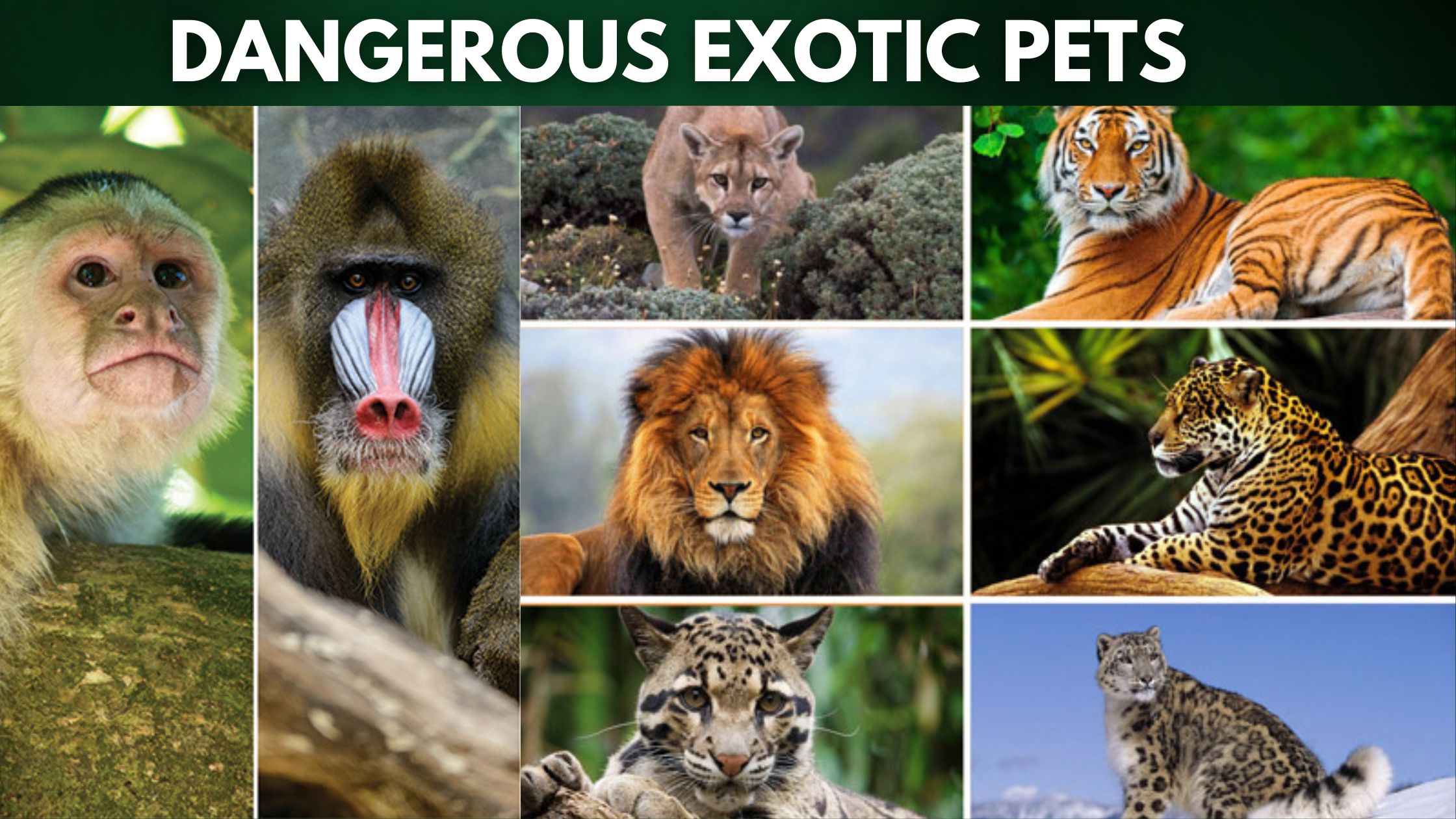
When it comes to owning pets, many people opt for traditional cats and dogs. However, there are those who seek out unique and exotic creatures as companions. While these animals may appear fascinating and intriguing, it is essential to be aware of the potential dangers they can pose.
In this article, RNN presents a comprehensive list of dangerous exotic pets that individuals should consider before bringing them into their homes.
1. Venomous Snakes
Venomous snakes, such as cobras and vipers, are extremely dangerous exotic pets. Their venom can cause severe harm or even death if not handled by experts with caution. Due to the high risks involved, inexperienced or ill-prepared individuals should not own venomous snakes.
When it comes to front-fanged venomous snakes, commonly known as ‘hots,’ a single bite can send anyone to the hospital without discrimination. These snakes require experienced handlers who have received mentorship from professionals or long-time snake owners. It is crucial to note that venomous snakes are not poisonous.
Over the span of 1990 to 2009, there were approximately 16 deaths caused by venomous snakes. Out of these fatalities, six were the result of religious ceremonies, while the remaining 11 were attributed to rattlesnakes.
2. Big Cats
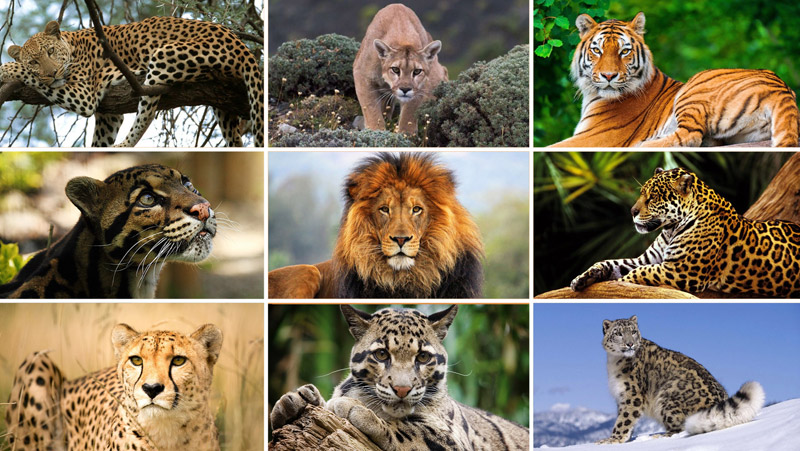
Tigers, lions, and other big cats may appear impressive, but they need specialized care and facilities. These animals are incredibly strong and have predatory instincts that can lead to dangerous situations. Untrained individuals are not equipped to handle and care for big cats properly, which poses a significant risk.
Big cats have been known to eat people, unlike smaller exotic cats that primarily prey on small animals like rabbits. Lions, tigers, mountain lions, jaguars, and leopards (not cheetahs) often make headlines when they attack or fatally injure their caretakers, and the news media never fails to report on these incidents.
However, big cat attacks are relatively rare, occurring on average about twice a year. The victim is almost always the owner or caretaker.
3. Primates
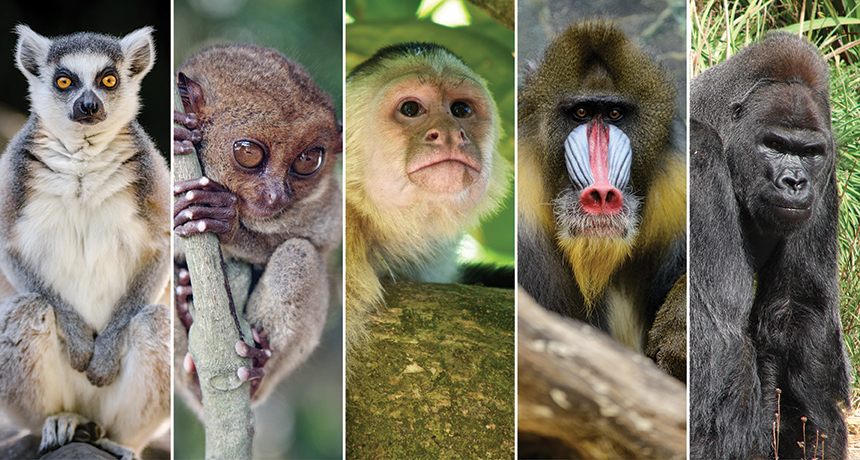
Monkeys, chimpanzees,s and other primates are often adored for their cuteness and intelligence. However, it’s important to remember that they can display unpredictable and aggressive behavior. With their strong physical abilities, they have the potential to cause significant harm to their owners or anyone around them.
Taking care of primates is a challenging task. They demand extensive training, socialization, and specific habitats to fulfill their complex needs. This makes them unsuitable as pets for the average person, as meeting their requirements can be overwhelming and time-consuming.
While it may be tempting to keep a primate as a pet, it’s essential to consider their well-being and the safety of those around them. By appreciating these remarkable creatures in their natural habitats or in qualified sanctuaries, we can ensure their welfare while also preserving the harmony between humans and wildlife.
4. Wolfdogs
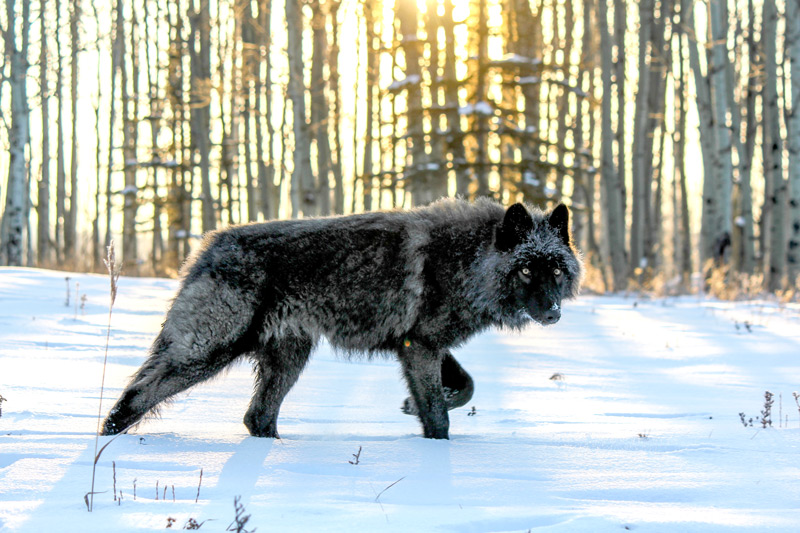
Wolfdogs can be more dangerous than wolves when kept as pets. While wild animals tend to be cautious and keep their distance from humans, some wolfdogs inherit the independent nature of wolves along with a lack of fear towards humans, similar to domesticated dogs.
Just like lions, wolves are natural pack animals and are responsive to hierarchical structures. This reduces their inclination to bite. However, introducing domesticated dog behavior into the mix can result in a more unpredictable animal. Since genetics vary, not all wolfdogs will exhibit problematic behaviors, but the challenge lies in identifying which ones do.
5. Elephants
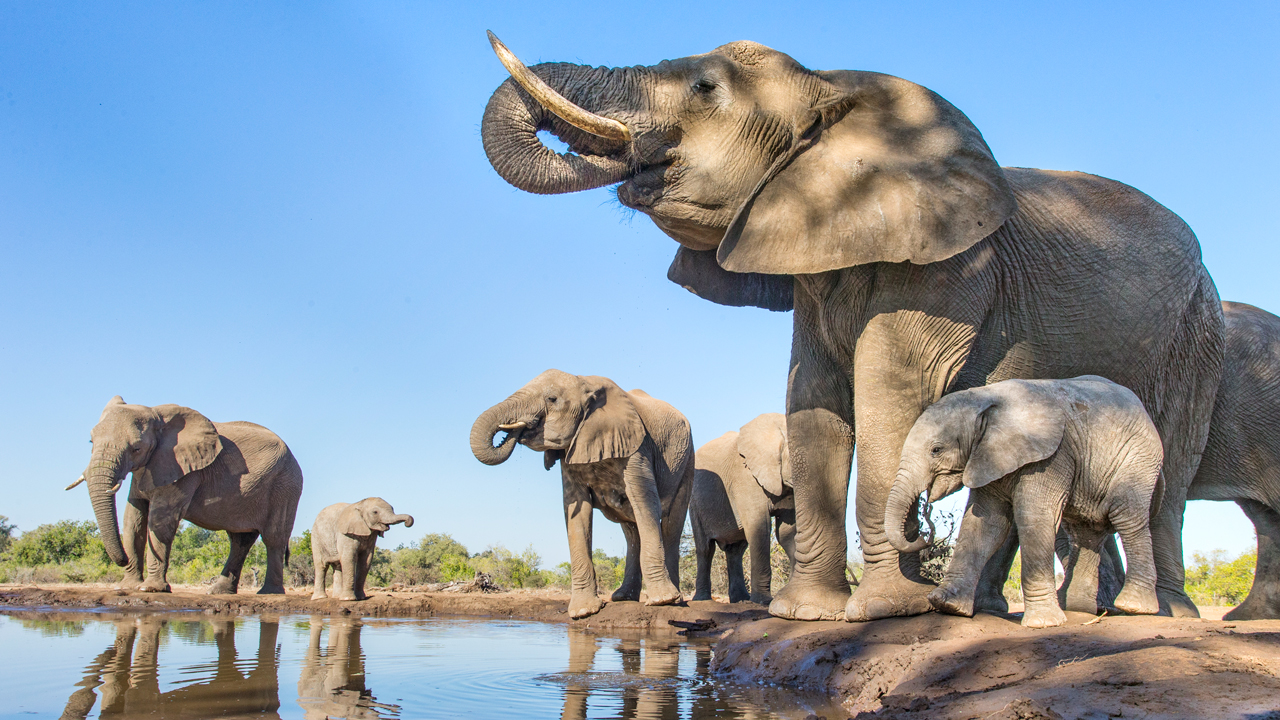
Despite being vegetarians, elephants are one of the most dangerous pets. They sometimes intentionally kill their trainers or owners, leading AZA zoological facilities to enforce protected contact between elephants and trainers. However, circuses continue to use traditional handling methods involving the bullhook.
It is uncommon for elephants to be privately owned outside of circus workers and exhibitionists. In the few instances where they have been kept as private pets, there have been no recent fatalities.
6. Crocodiles and Alligators
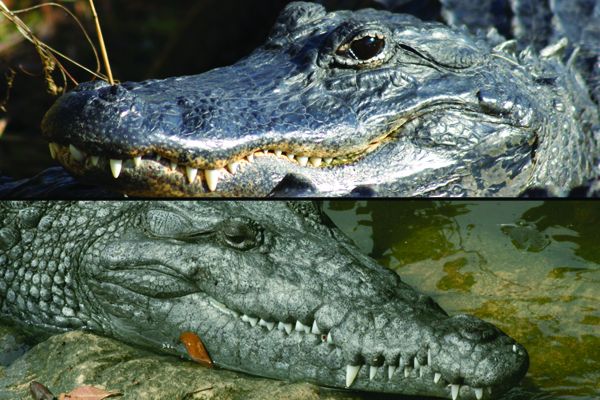
Owning a crocodile or alligator might sound thrilling, but these reptiles are highly dangerous. Their powerful jaws and ability to move swiftly in water make them formidable predators. The risks associated with housing and managing these creatures are immense and require expertise that exceeds the capabilities of most pet owners.
Fatalities from alligator attacks are extremely rare, and all recorded deaths have been caused by wild alligators. This is because it’s easier to be unexpectedly attacked by a camouflaged alligator in the wild than by one in a small, clear pool in captivity. Additionally, alligators don’t chase people and mostly see humans as non-prey. So don’t worry about them sneaking into your house and eating your children.
7. Venomous Spiders
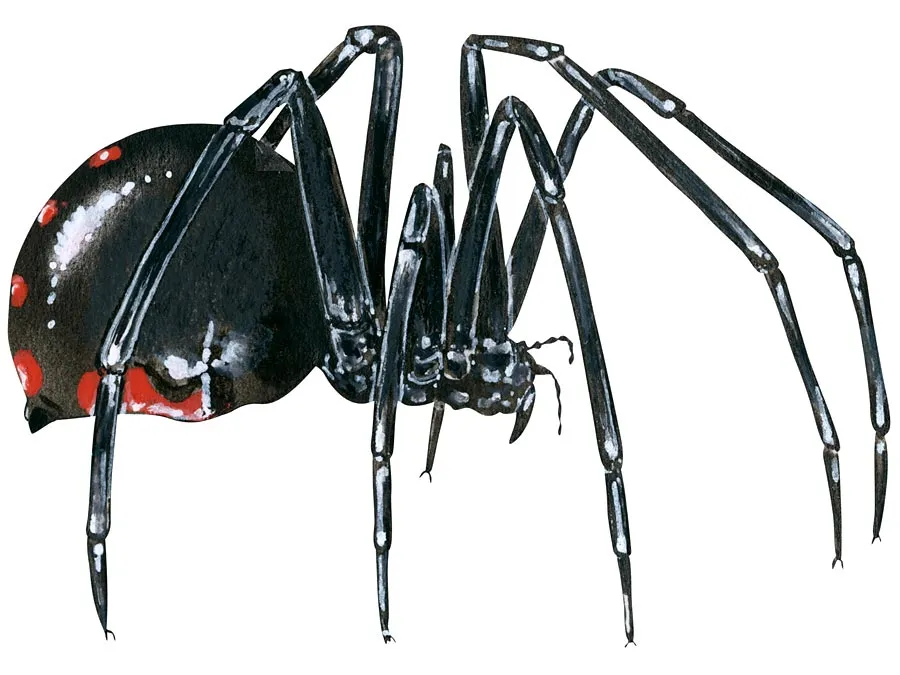
Many individuals are intrigued by the idea of keeping venomous spiders such as black widows or tarantulas as pets. However, it is crucial to understand that these arachnids carry powerful venom that can result in severe reactions, particularly in people with allergies. The potential dangers of accidental bites or escapes from these spiders present a significant risk not only to the owner but also to those around them.
Conclusion
While the allure of exotic pets is undeniable, it is crucial to prioritize safety and consider the risks they entail. Venomous snakes, big cats, primates, wolfdogs, Elephants, crocodiles/alligators, and venomous spiders are just a few examples of dangerous exotic pets. Their specific needs, unpredictable behaviors, and potential for harm make them unsuitable for the average pet owner. It is important to thoroughly research and understand the requirements and potential risks associated with any exotic pet before deciding to bring one into your home.
READ MORE ARTICLES:
- Myths About The Animal Kingdom
- Animals That Can Survive 13k feet In Deep Sea
- What is the Biggest Animal in the World
- Top 10 Most Friendly Animals To Humans in the World
- Top 10 Ugliest Animals in The World
